23 GPTs for Print Media Powered by AI for Free of 2025
AI GPTs for Print Media refer to the application of Generative Pre-trained Transformers in the print media sector, encompassing newspapers, magazines, and publishing. These AI tools are designed to automate and enhance various tasks such as content creation, editing, layout design, and audience analysis. By leveraging natural language processing and machine learning, they offer tailored solutions that improve efficiency, creativity, and personalization in print media production.
Top 10 GPTs for Print Media are: Typography Designer,Fontsmith,Graphic Designer GPT,Design Spark,Typography Layout Advisor,Creative Graphic Editor GPT,Font Finder GPT,Font Name,Ye Olde Critical Copywriter,Creative Realtor's Ally
Typography Designer
AI-powered designs for t-shirts and branding.

Fontsmith
Craft Unique Fonts with AI
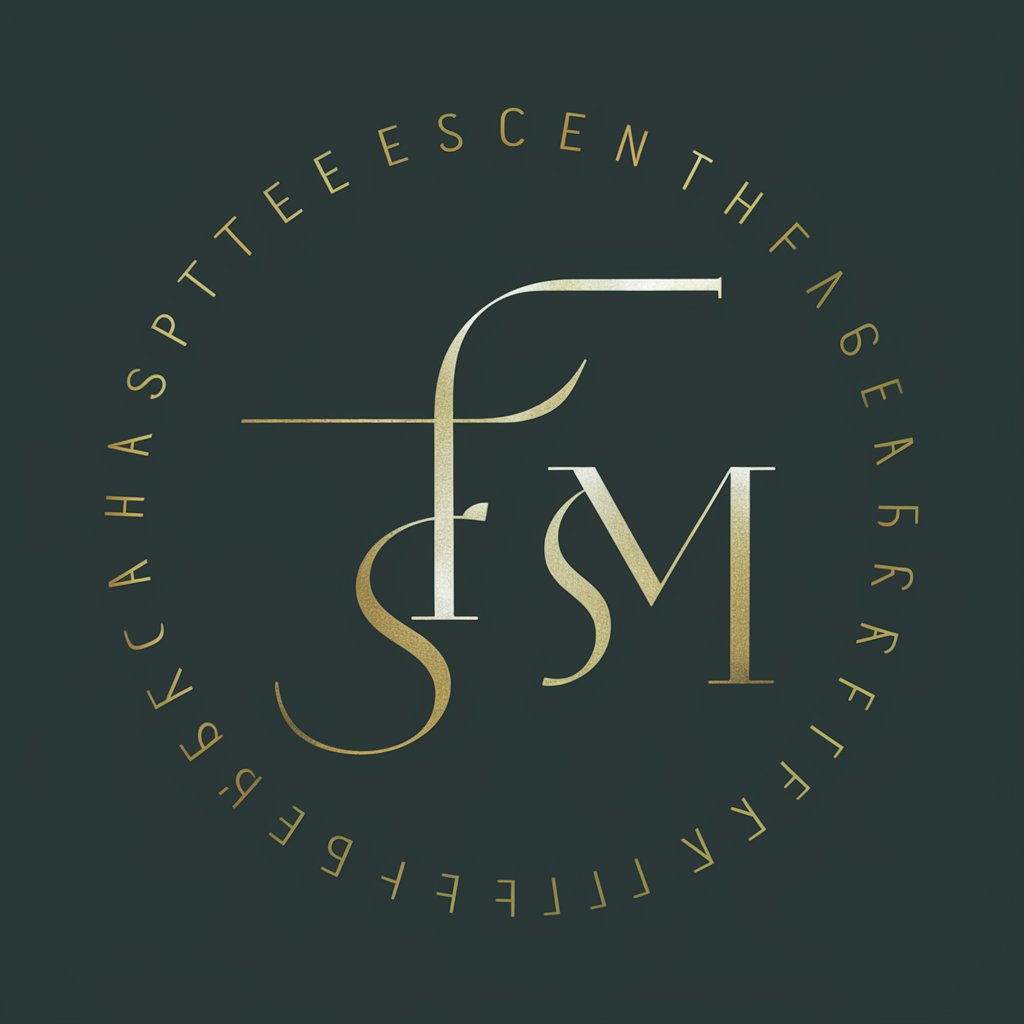
Graphic Designer GPT
Empowering design with AI

Design Spark
Craft Designs Effortlessly with AI
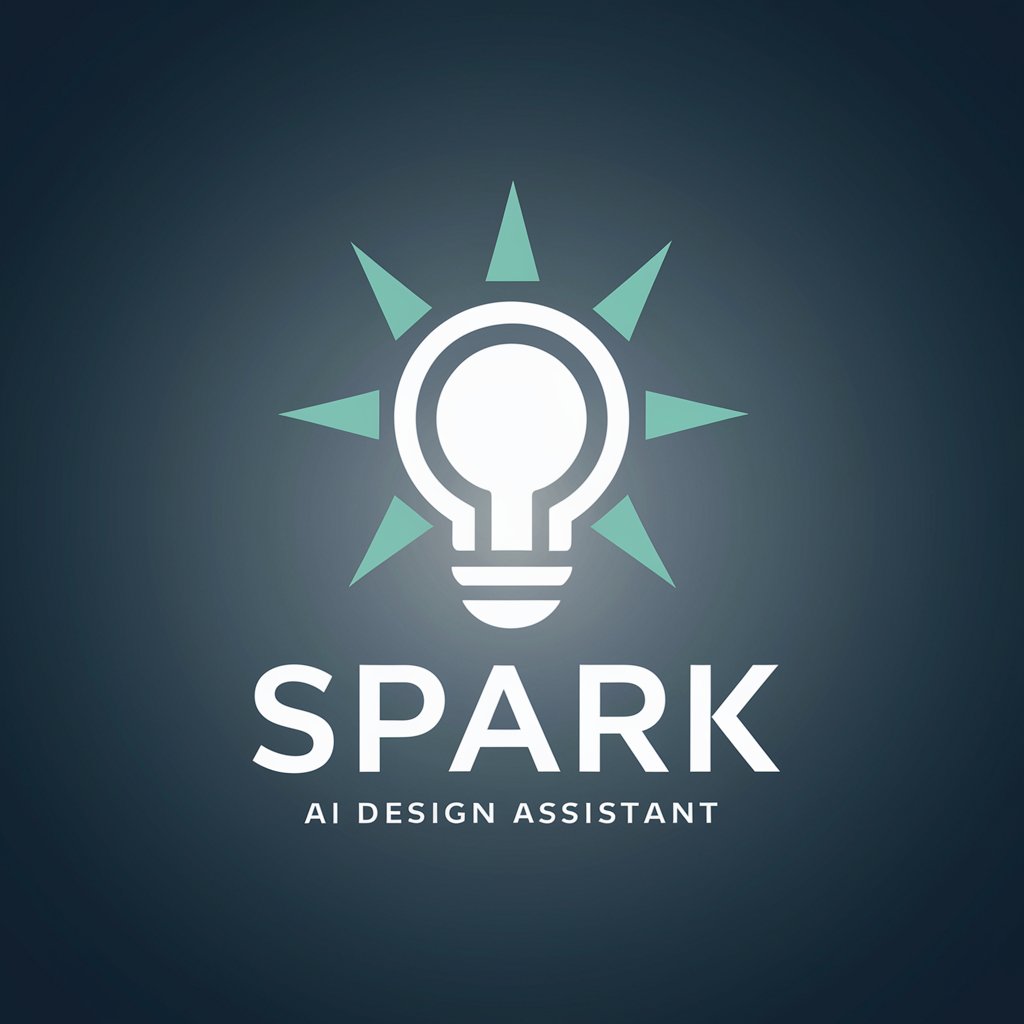
Typography Layout Advisor
AI-powered Typography Design Insights
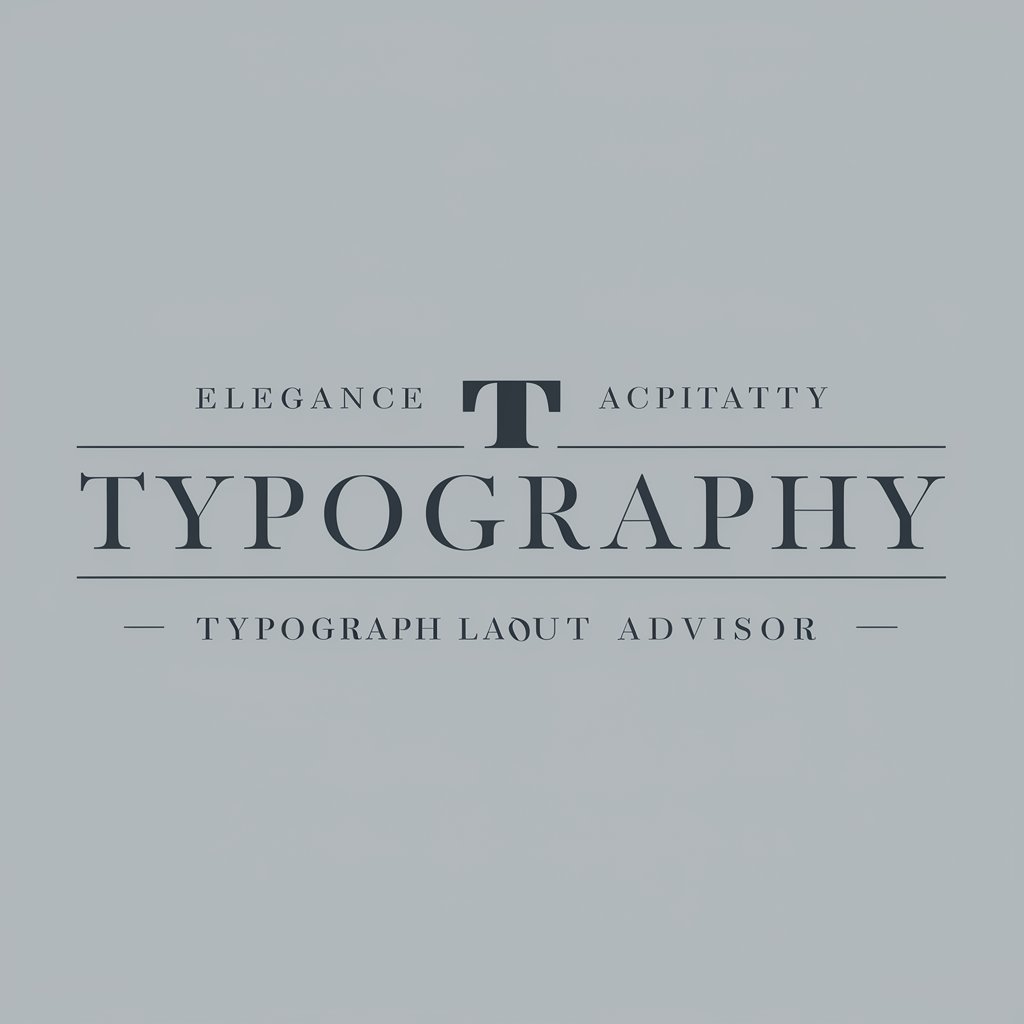
Creative Graphic Editor GPT
Empowering creativity with AI precision.
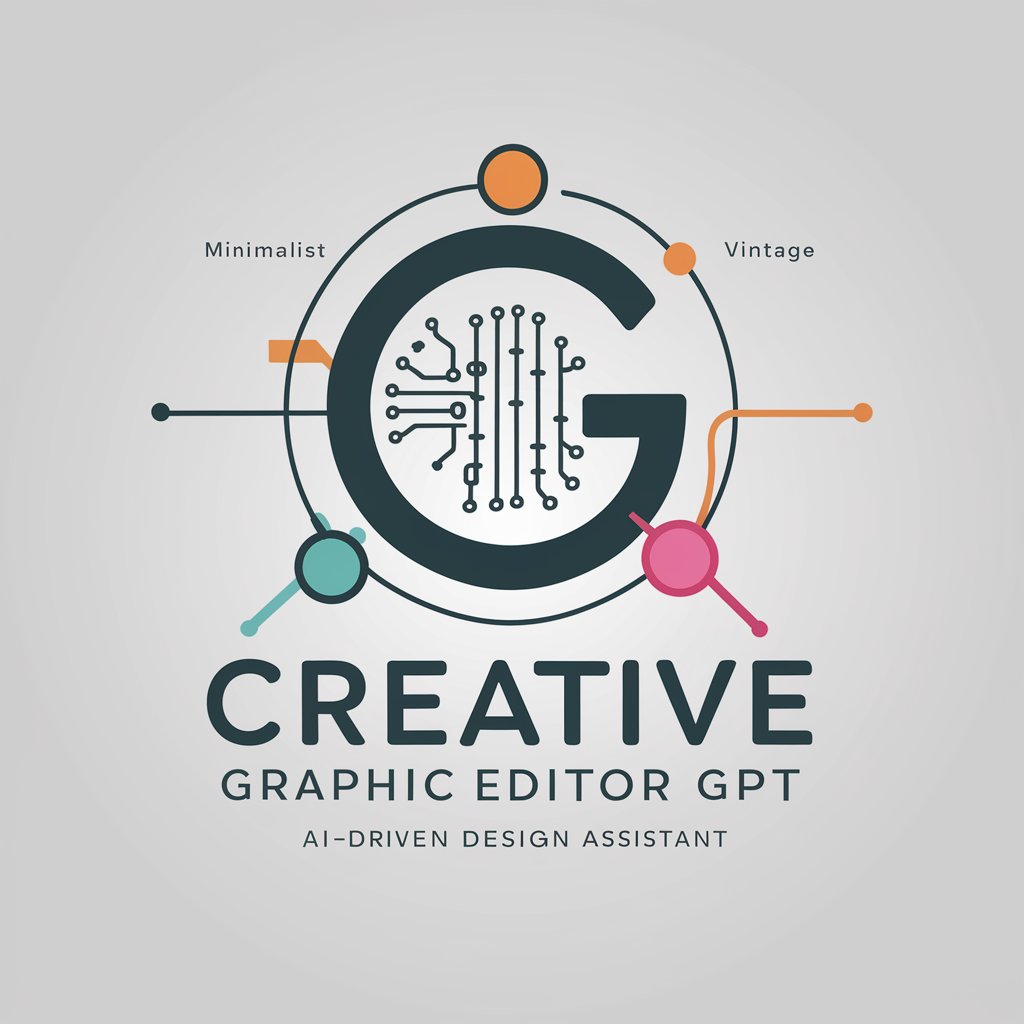
Font Finder GPT
Discover the perfect font with AI
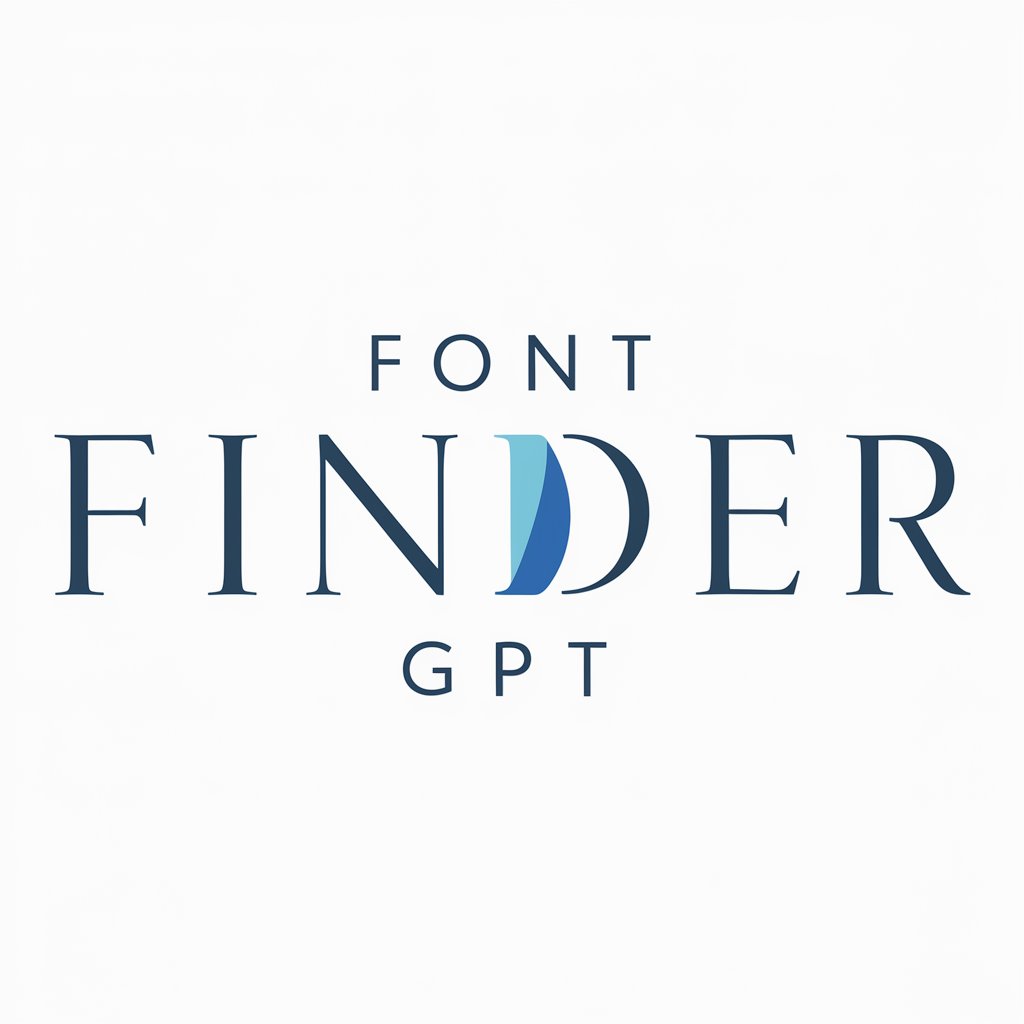
Font Name
AI-Powered Font Naming for Designers
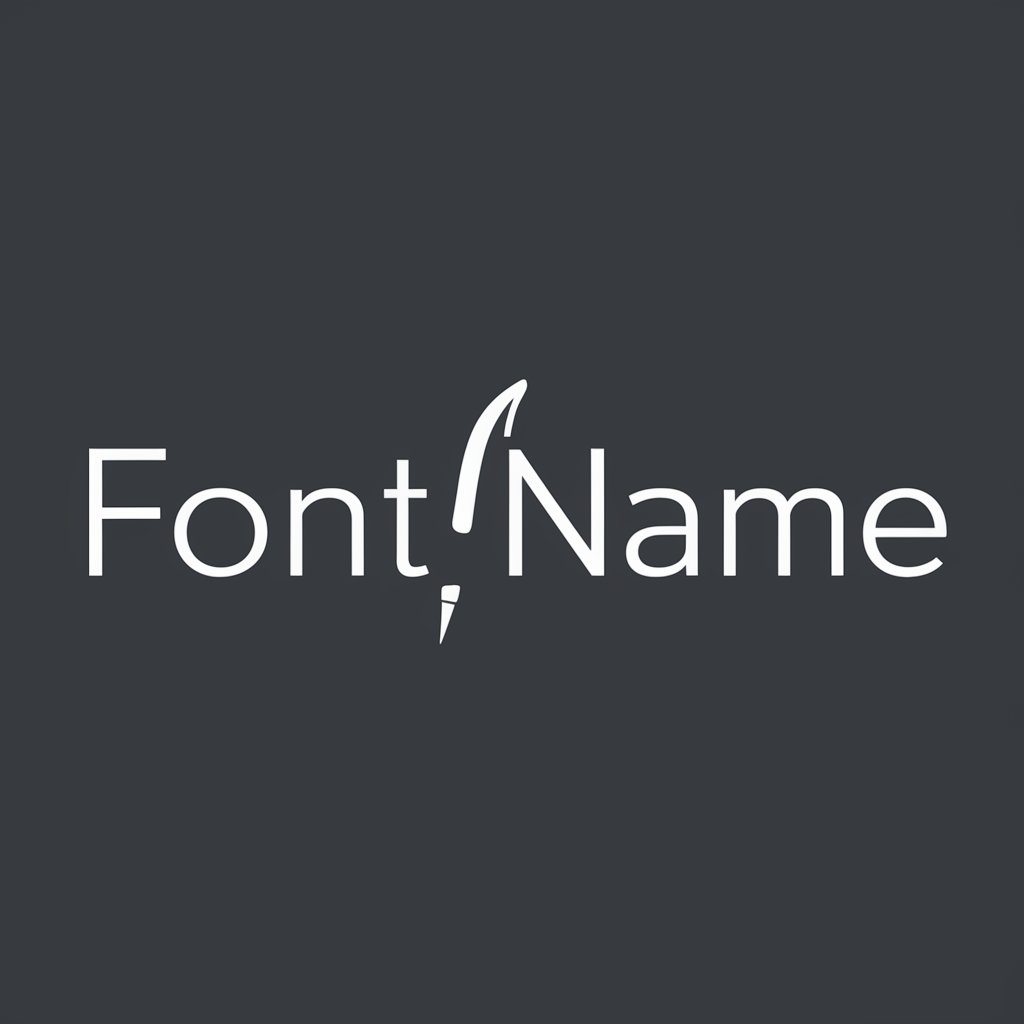
Ye Olde Critical Copywriter
Reviving timeless advertising wisdom with AI.
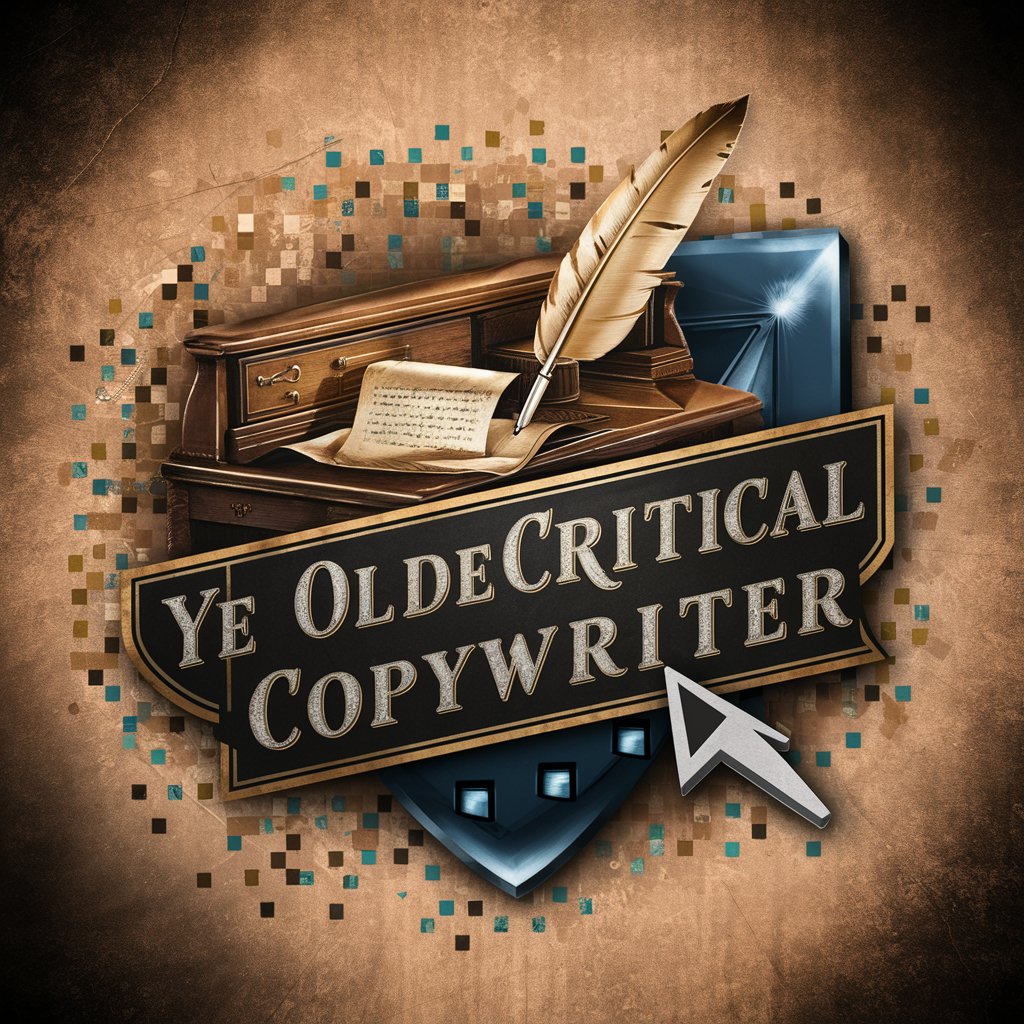
Creative Realtor's Ally
Elevate Your Real Estate Marketing

Designer
Empowering Creativity with AI-Powered Design

🎨 Graphic Designer Assistant lv3.6
Empowering Creativity with AI

Logo Dynamo
Craft Your Brand's Future with AI

色彩低語者
Making Designs Accessible for Colorblind Users

Color Matcher 🎨 Convert Words to Colors 🔍
Transform words into colors with AI

Type Muse
Empowering Design with AI Typography
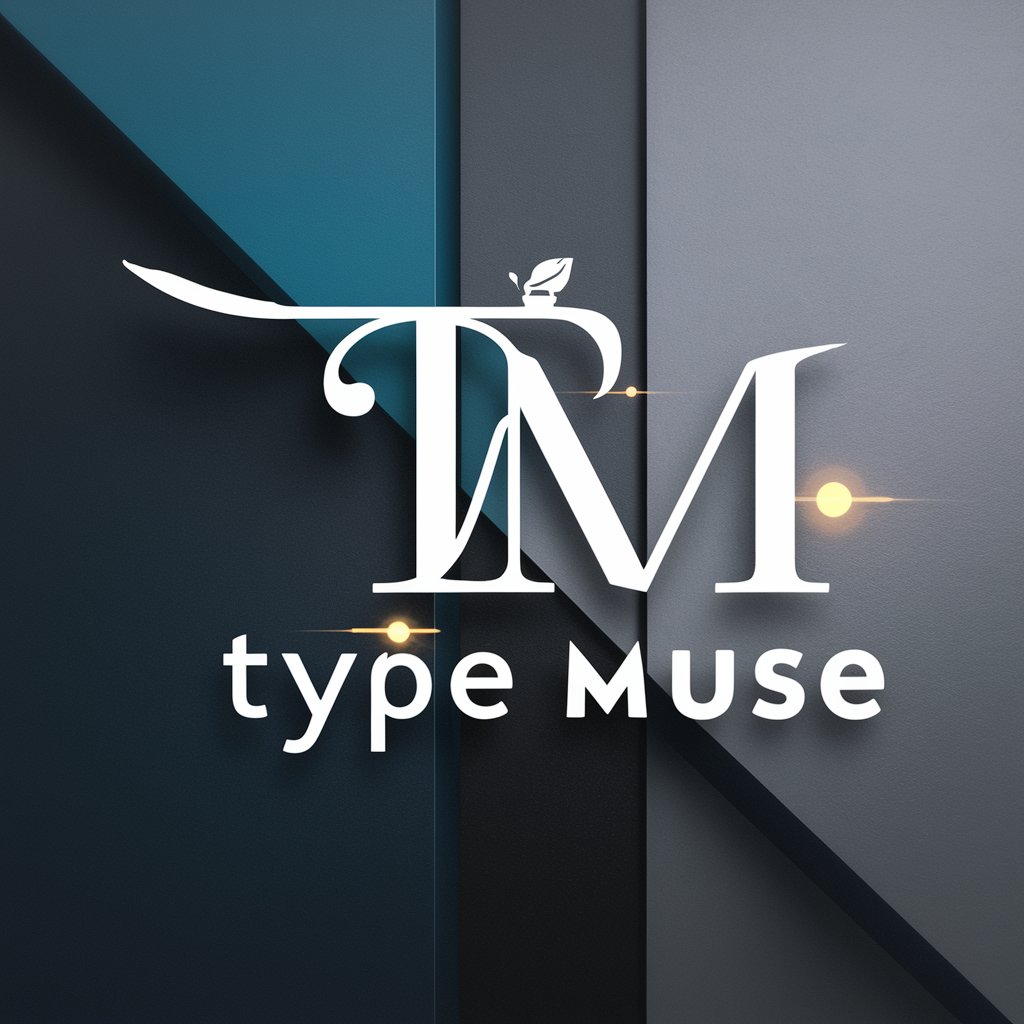
Monster of the Ad
Crafting visual stories, powered by AI.
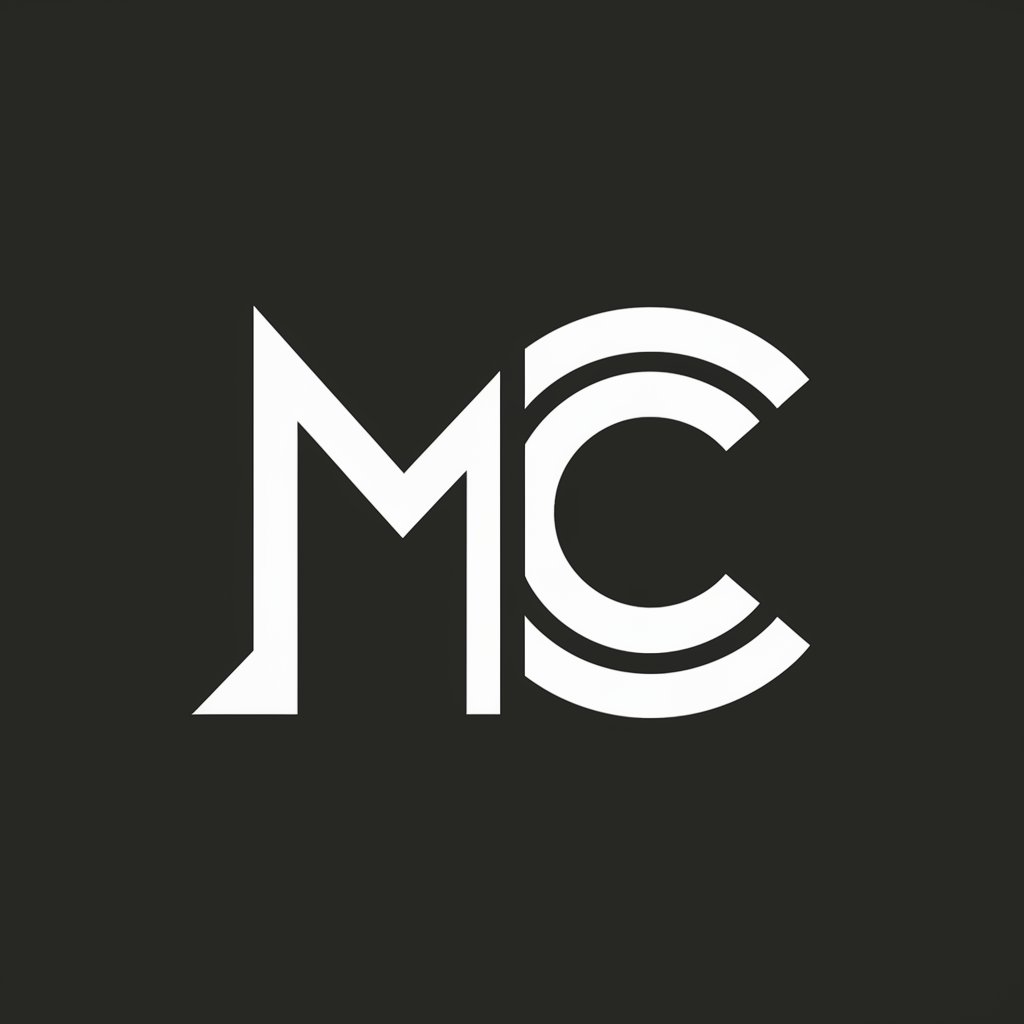
Weeding Creator
Create Artistic Memories with AI

Vinyl Tavern Album Art Creator
Design Your Sound Visually

Design Master
Empowering Design with AI

Analista Visual ReBrota
Empower your designs with AI
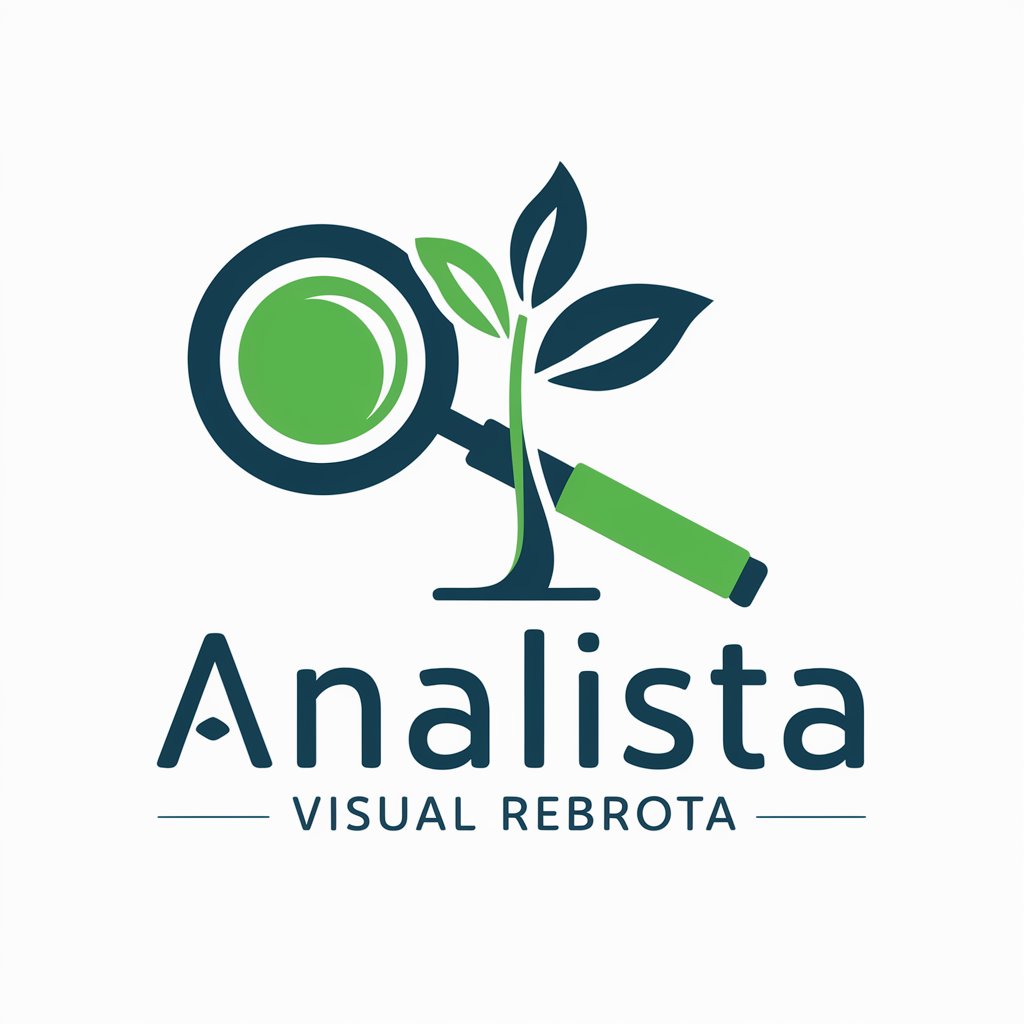
Extraordinary Logo Designer
Crafting Unique Logos with AI

Design Fee
Expert fee calculations at your fingertips.

Key Attributes and Functions
AI GPTs for Print Media are distinguished by their adaptability and multifunctionality. They can generate high-quality written content, perform technical edits, engage in creative design tasks, and analyze reader data to predict trends. Special features include advanced language models capable of learning from specific genres or styles, support for multiple languages, integration with web search for research, image creation for visual content, and detailed data analytics for audience engagement insights.
Who Benefits from AI GPTs in Print Media
This technology caters to a wide range of users, from novices in content creation to experienced print media professionals. It is particularly beneficial for journalists, editors, publishers, and graphic designers. The tools are accessible to those without technical skills, offering intuitive interfaces and automated functions, while also providing extensive customization options for developers and experts looking to tailor the AI to specific needs.
Try Our other AI GPTs tools for Free
User Interfaces
Discover how AI GPTs transform User Interface development with intuitive design, seamless integration, and enhanced user experiences.
Course Exploration
Explore the transformative potential of AI GPTs in Course Exploration, designed to personalize and enhance your educational journey.
Drink Pairings
Discover AI-powered drink pairing recommendations tailored to your taste, occasion, and dietary needs. Elevate your dining experience with our intelligent, user-friendly tool.
Community Sharing
Discover how AI GPTs for Community Sharing revolutionize collaboration and knowledge exchange, featuring adaptive content generation and diverse functionalities.
User Guides
Discover how AI GPTs revolutionize the creation and optimization of user guides, making information more accessible and tailored to your needs.
Methodology Advice
Explore how AI GPTs for Methodology Advice can transform your approach to methodologies with tailored solutions, enhancing decision-making and innovation.
Further Exploration of AI Customization
AI GPTs for Print Media not only streamline content creation and management but also offer the potential for deeper audience engagement through data-driven insights. Their integration with existing systems allows for a seamless workflow, enhancing both productivity and creativity. The user-friendly interfaces ensure that these powerful tools are accessible to a broad audience, democratizing content creation in the print media industry.
Frequently Asked Questions
What exactly are AI GPTs for Print Media?
AI GPTs for Print Media are advanced AI tools designed to support and enhance the production and management of print media content, using natural language processing and machine learning.
How can AI GPTs enhance content creation?
They can generate articles, edit content for clarity and style, suggest creative layouts, and personalize content to target audiences, significantly reducing production time and effort.
Are these tools suitable for non-technical users?
Yes, they are designed with user-friendly interfaces that allow non-technical users to easily create, edit, and manage print media content.
Can developers customize these AI tools?
Absolutely. Developers can access APIs and coding interfaces to tailor the AI's functionality to specific requirements or integrate it into existing workflows.
Do AI GPTs for Print Media support multiple languages?
Yes, they are equipped with multi-language capabilities, allowing content creation and editing in various languages.
How do these tools handle image creation?
They can generate or suggest images relevant to the content, enhancing the visual appeal of print media products.
Can AI GPTs predict audience preferences?
Using data analytics, these tools can analyze reader behavior and preferences to help publishers tailor content and design to audience tastes.
Are there ethical considerations in using AI for content creation?
Yes, ethical use involves ensuring content accuracy, transparency about AI use, respecting copyright laws, and considering the impact on employment in the print media sector.